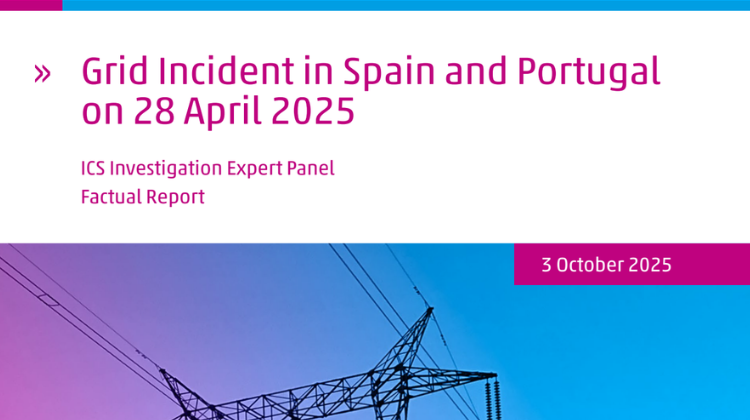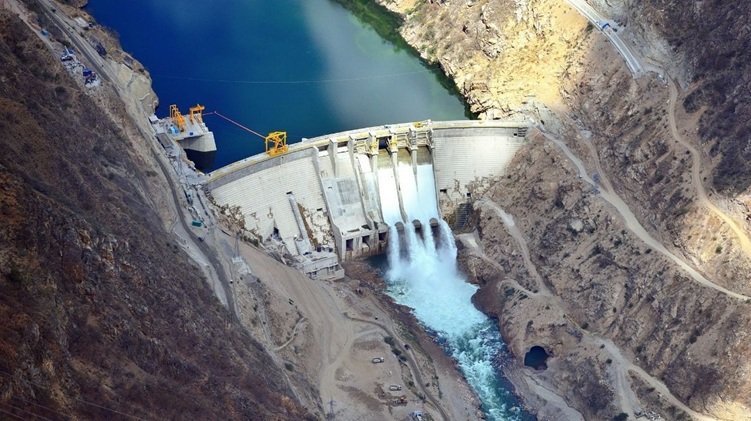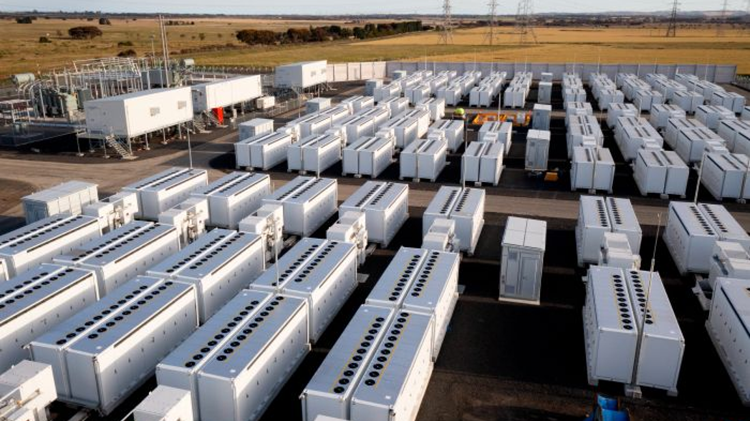Over 80% of Spaniards and Britons recognise that humans are causing the climate crisis, yet 70% of Spaniards and 60% of Britons believed at least one false narrative about the cause of the major power blackout across the Iberian Peninsula on 28 April 2025, according to a new survey commissioned by the Climate Action Against Disinformation (CAAD) coalition.
The survey revealed that an overwhelming majority of people in Spain and the UK face a serious risk of exposure to climate-related disinformation. The most common myth, blaming “over-reliance on renewables”, was most prevalent among far-right voters (Vox in Spain, Reform UK in the UK).
When asked about policy solutions to disinformation, over 70% in Spain and the UK agree that fighting climate disinformation is essential to safeguarding free speech and informed public debate, the CAAD survey finds. Additionally, 66% in Spain and 60% in the UK support efforts to hold social media companies legally responsible for stopping the spread of misleading information about climate change on their platforms and banning advertisements for fossil fuels.
The blackout, which left mainland Portugal and peninsular Spain without power for over 10 hours, disrupted critical infrastructure and was exploited by malicious actors spreading false claims — including allegations of Russian cyberattacks, atmospheric anomalies, renewable energy failures, and government experiments.
CAAD communications co-chair Philip Newell: “This blackout became the latest case study in how influencers exploit a crisis. While people understand climate science, orchestrated lies about solutions like renewables are poisoning public debate. The good news? Citizens overwhelmingly back policies to rein in digital deception—policymakers must act.”
Carlos Hernández-Echevarría, Associate Director, Head of Public Policy and Institutional Development at Fundación Maldita.es: “These types of emergencies are precisely what the European Digital Services Act (DSA) addresses when it requires platforms to have effective risk mitigation measures against disinformation and not to give ammunition to those who spread panic. While the country was perfectly calm and displaying impeccable civic behaviour despite the circumstances, platforms such as TikTok were circulating manipulated videos of alleged scenes of panic and crime under the cover of the blackout. They need to improve their detection mechanisms and ensure, for example, in this case, that users see a warning that an independent verifier such as Maldita has checked that the image is false.”

























